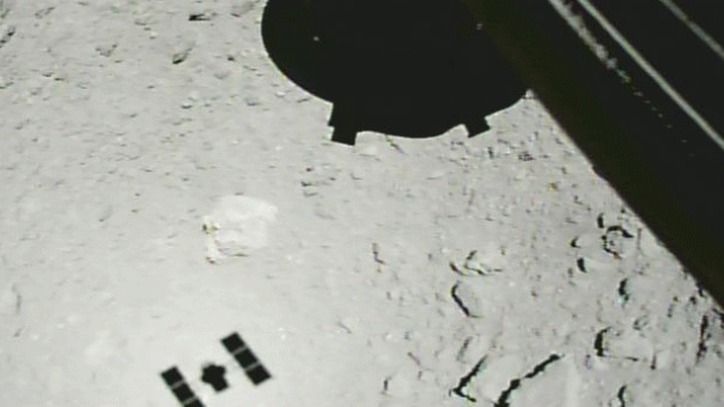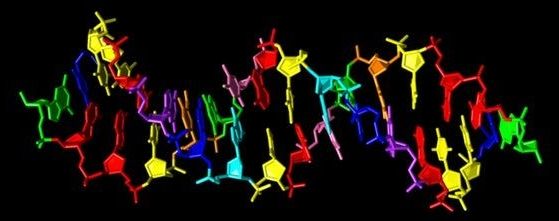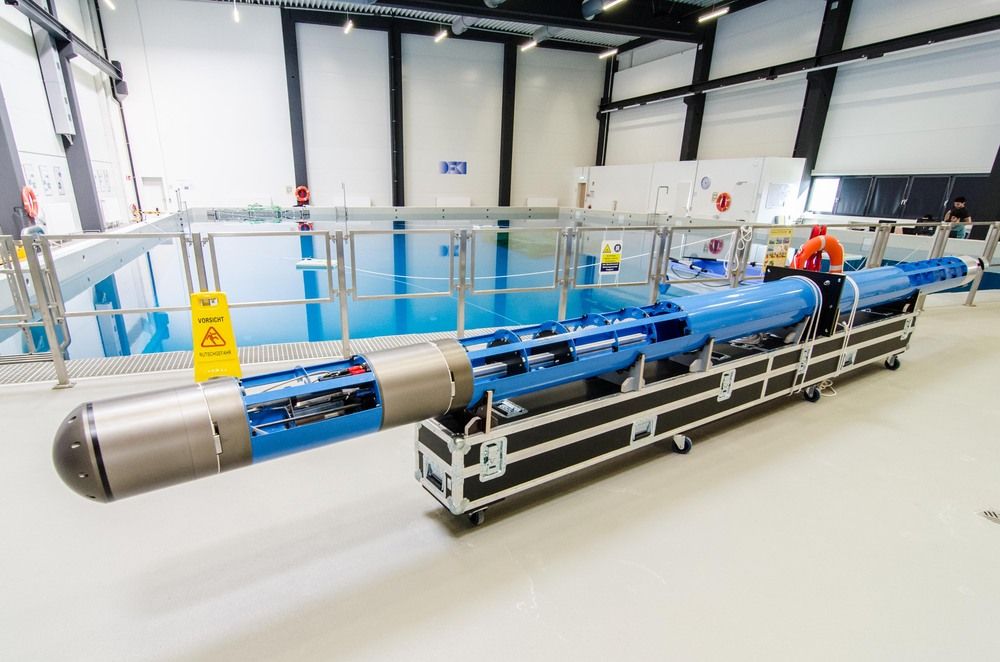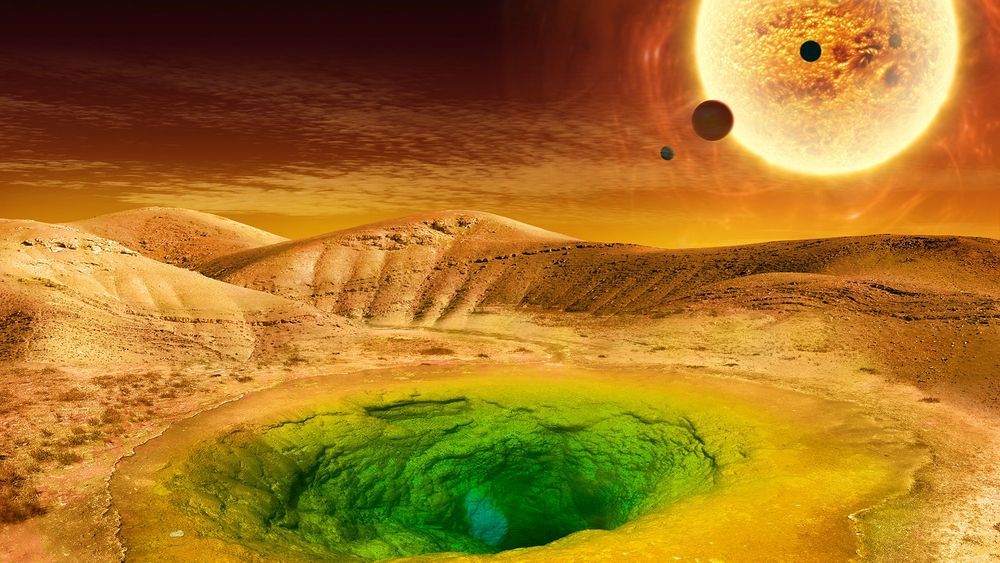Feb 22, 2019
Hawaii’s False Missile Alert Shows Americans Have No Idea What to Do in Nuclear Attack
Posted by Jeffrey L. Lee in categories: existential risks, military
Many people in Hawaii faced that very question on Jan. 13, 2018. That morning, at 8:07 a.m. local time, the Hawaii Emergency Management Agency sent out an alert advising residents to seek shelter from an incoming ballistic missile.
Unbeknownst to just about everyone at the time, however, the alert was a false alarm. Even the operator who sent out the alarm, issued over text messages and on TV and radio stations, thought it was real. But it was accidentally sent out during a shift change, and the incoming operator didn’t realize that the alert was part of a preparedness drill.
An erroneous alert about a nuclear attack was sent to Hawaii residents. The ensuing confusion and hysteria revealed that Americans are not prepared.

















